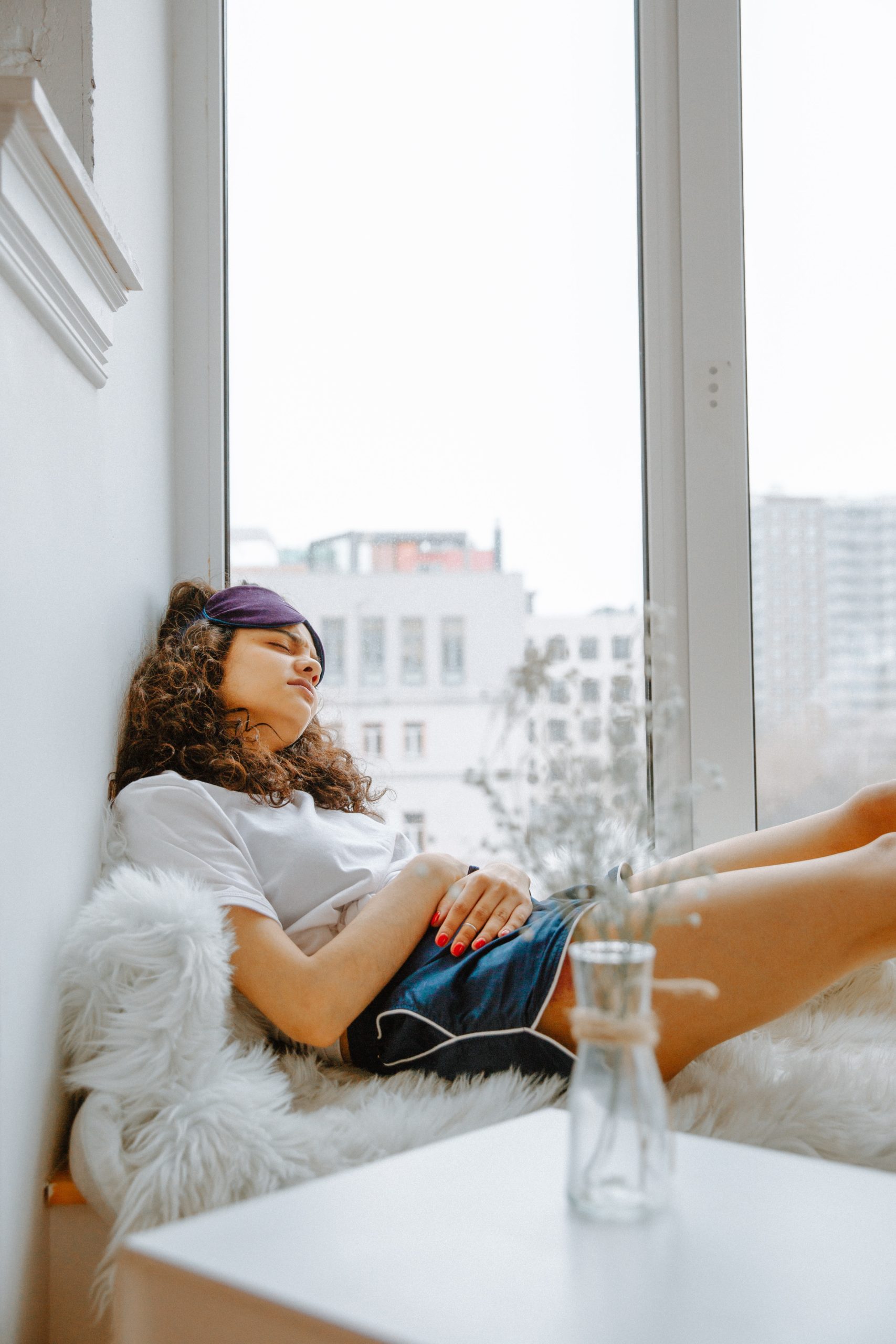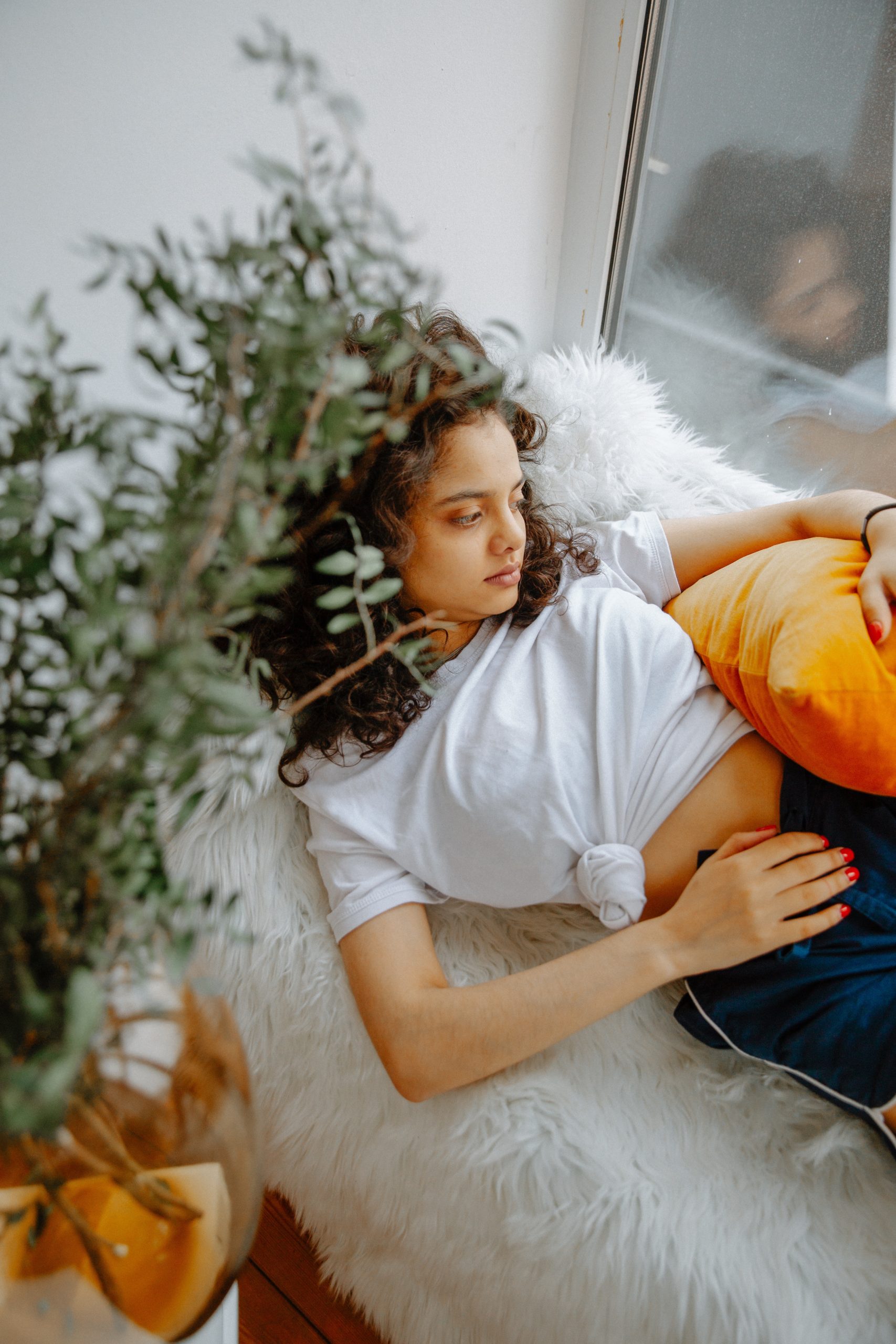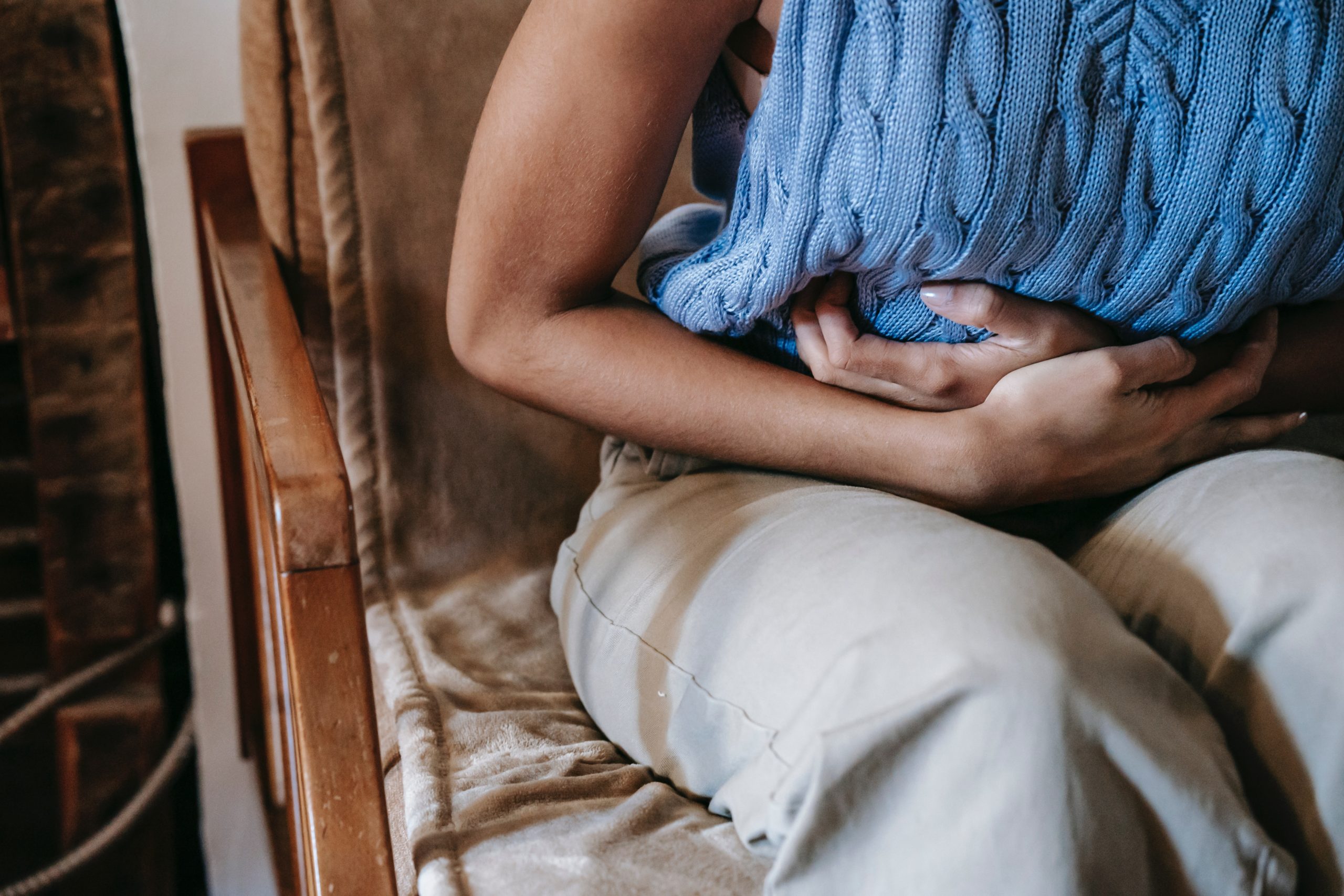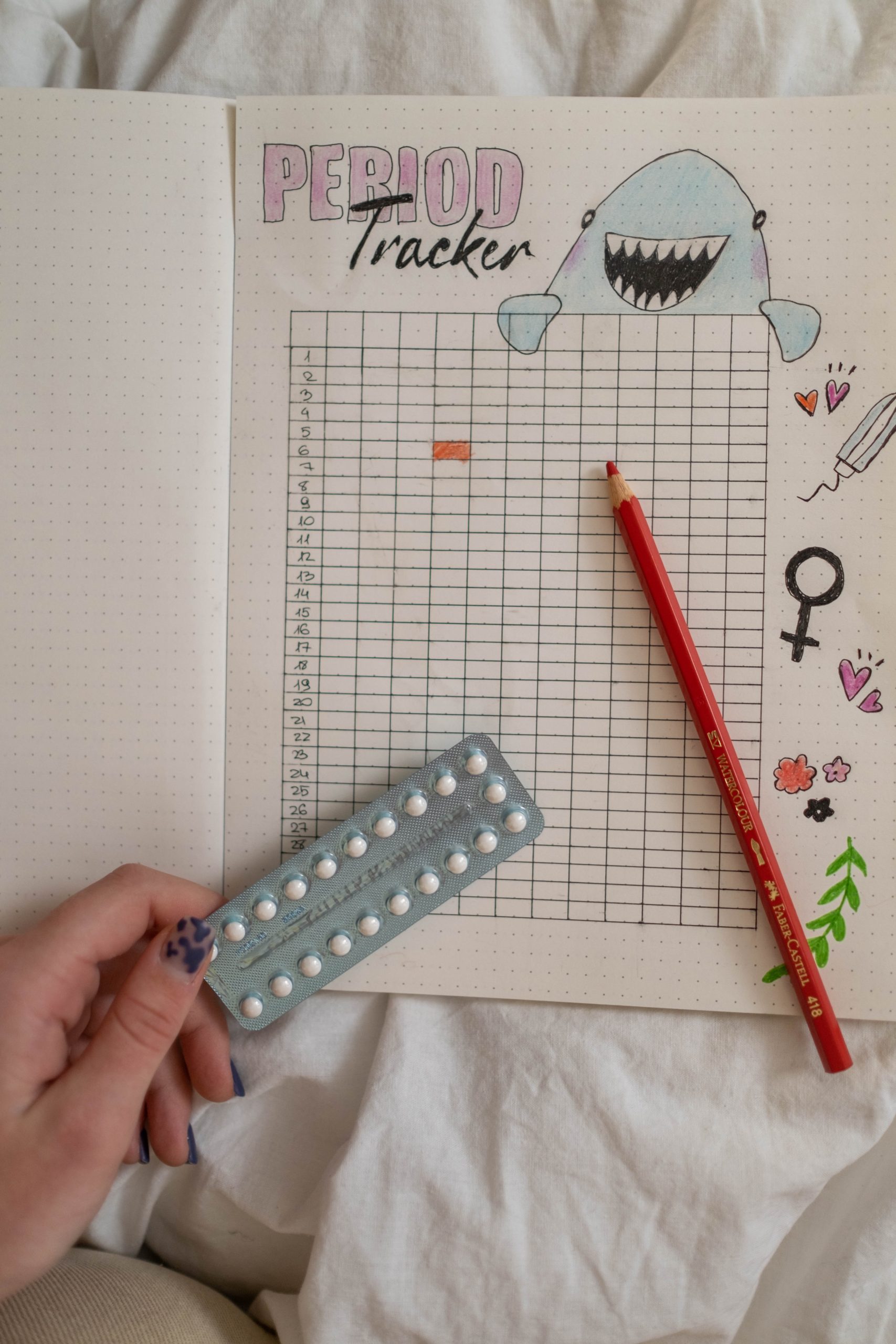While you are having a period, there are a number of activities that u don’t want to do because of how your hormones behave during that time. There are also numbers of do and don’ts of period, because they can harm your health.
The changes and relative levels of estrogen, progesterone, and testosterone throughout the menstrual cycle, including during the period itself, are also responsible for many of the changes women notice. Everybody’s body behaves differently; some people are more sensitive to the things than others.
Table of Contents
8 Things you should not do in periods
Below I have listed some things you should not do during period.
1. Don’t smoke and don’t drink alcohol
Alcohol is not good for overall health of the body. Alcohol has number of negative effects on body, which can increase the symptoms of period. It can even worsen headaches and cause bloating and can also cause diarrhea, vomiting and nausea. It can dehydrate your body.
11 causes of irregular periods (menstrual cycle) and their treatment options
As we all know how smoking is bad for us and health issues related to smoking. A research study shows that regular smokers have more painful menstrual cycle then a non-smoker.
2. Limit coffee intake
Who don’t like their cup of coffee? But if you are on period you should temporarily skip that, because it can worsen menstrual cramps. It can also exacerbate headaches. But caffeine withdrawal can cause headaches too, so don’t cut your coffee completely if you’re used to having a few cups a day.
3. Spicy and oily food
Many people find that spicy food upset their stomachs, giving them diarrhea, stomach pain, and even nausea. If you’re not used to eating them, it might be best to avoid them during your period.
Same goes with oily food, that is also difficult to digest and can cause digestive issues, and can increase bloating while you are on period.
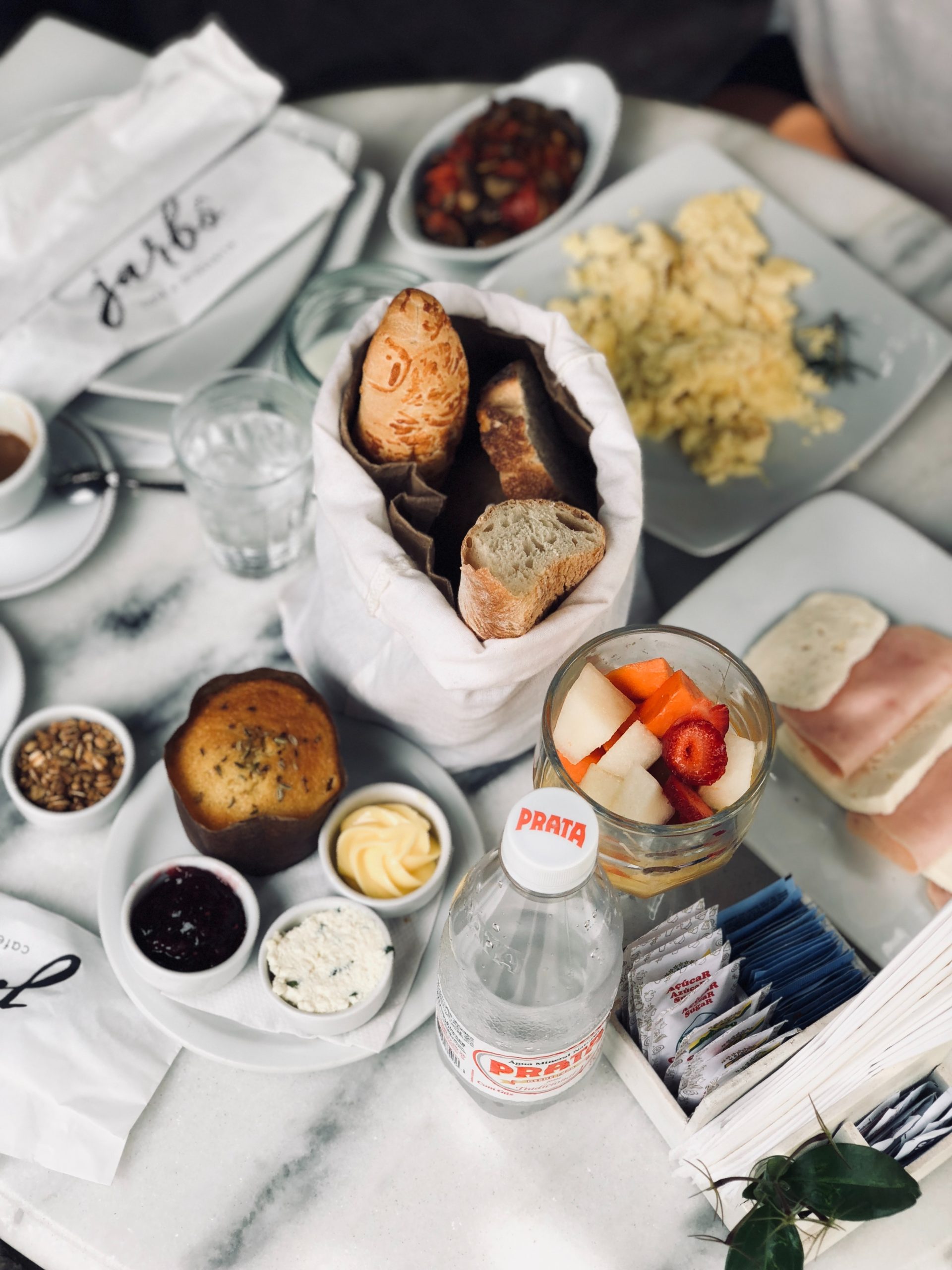
4. Salty and sugary food
Salty snacks can actually make your period symptoms worse. It can contribute to the bloating/water retention that women feel around the time of their periods. Eating salty foods can also worsen cramps. To reduce bloating, don’t add much salt to your foods and avoid highly processed foods that contain a lots of sodium.
It you have a sweet tooth and like sugary food too much, than you should avoid it. It’s OK to have sugar in moderation, but eating too much of it can cause a spike in energy followed by a crash. If you are feeling more anxious and moodier during period, watch out your sugar intake.
FAQs on irregular periods and trying to get pregnant
5. Avoid waxing
During this time your body is extra sensitive to pain. At this time your threshold of pain decreases, which make it worse possible time for anything painful. Avoid waxing, any type of laser hair removal or any type of painful procedure during this time.
6. You should not do unprotected sex in periods
Many people think that you should not have sex while on period. But in-fact it’s not true, actually it’s good for you, just a little messy of course but sex while on period can adjust hormonal level and can reduce painful cramps. But it is always recommended to have protected sex. Blood can carry many risks of infection and other problems, as blood is a good carrier of virus and other bugs. So, it is always a good idea to have protected sex during menstrual cycle.
7. Avoid douching
In general, douching is not a necessary practice and can disturb the normal microorganisms of the vagina, leading to infections. The fragranced solution can disrupt the normal vaginal flora, causing irritation and/or abnormal discharge.
8. Lower down dairy consumption
Dairy is not a good option during period. It can cause more cramping and irritable bowels. It can make you gassier. Try to limit it during this time.
5 Things you should do while on periods
Below I have mention some of the things that you should do while on period to have smooth and less painful time.
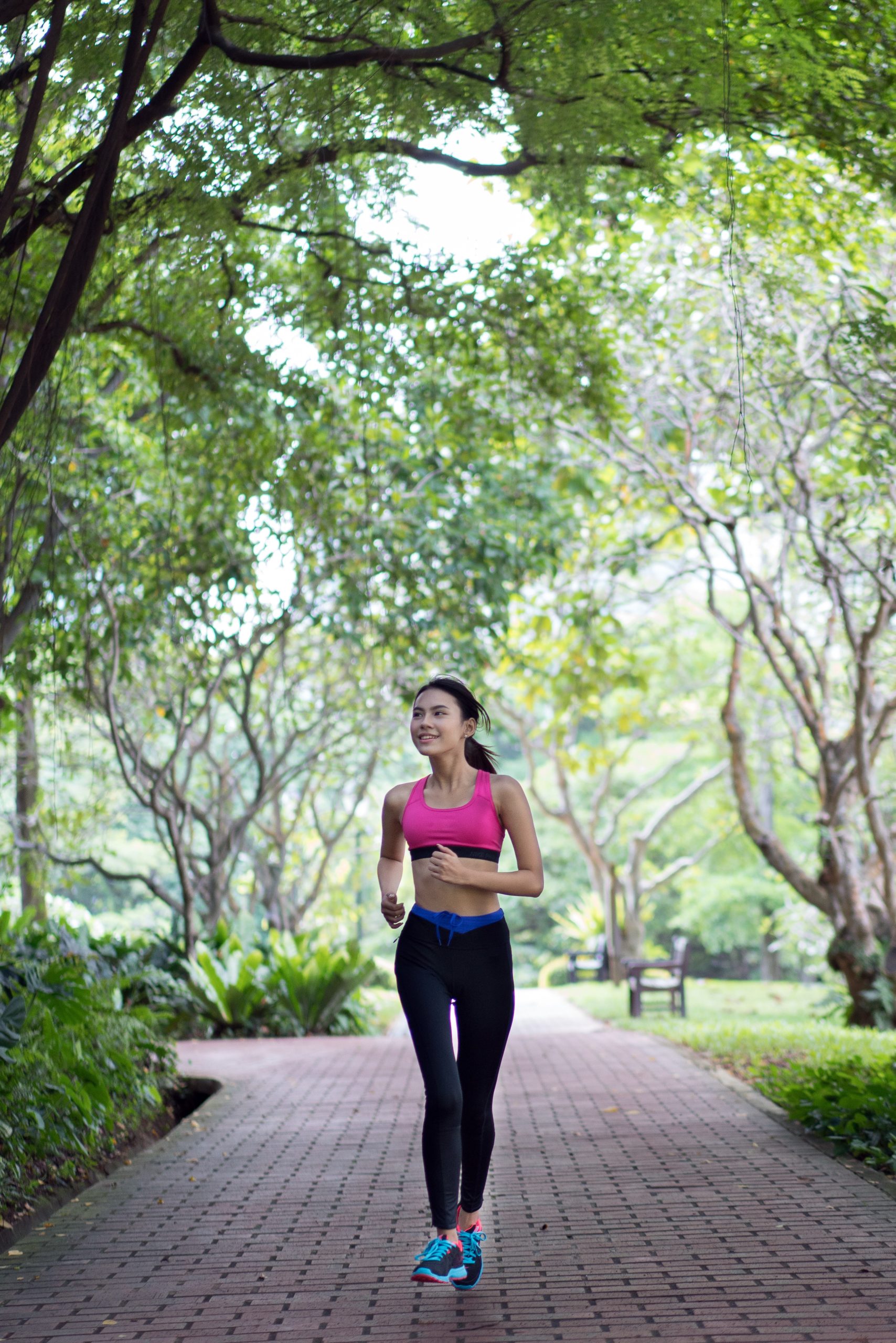
1. Exercise
You may have heard many times that you should have rest during this time. But it’s not true and not good as well, doing regular workout can help you feel better during this time and can reduce headache and anxiety.
But surely you should avoid heavy workout during this time. As long as you are active and including light workout, it will give you less headache and fatigue.
13 home remedies to regulate irregular periods
2. Have a good sleep
Sleep is always important but it is more important during this time. You should take at least 8 to 9 hours of sleep daily. It will help in balance out your hormones. If you will not get enough sleep, this will increase stress hormone cortisol in your blood which can have an effect on the severity of your period symptoms.
3. Keep yourself hydrated
Drinking lots of water is always important. Drinking plenty of water can also stop you from retaining water and bloating and you should have at least 8 glasses or more water per day during this time specially. Staying hydrated can reduce your chances of getting dehydration headaches, a common symptom of menstruation cycle.
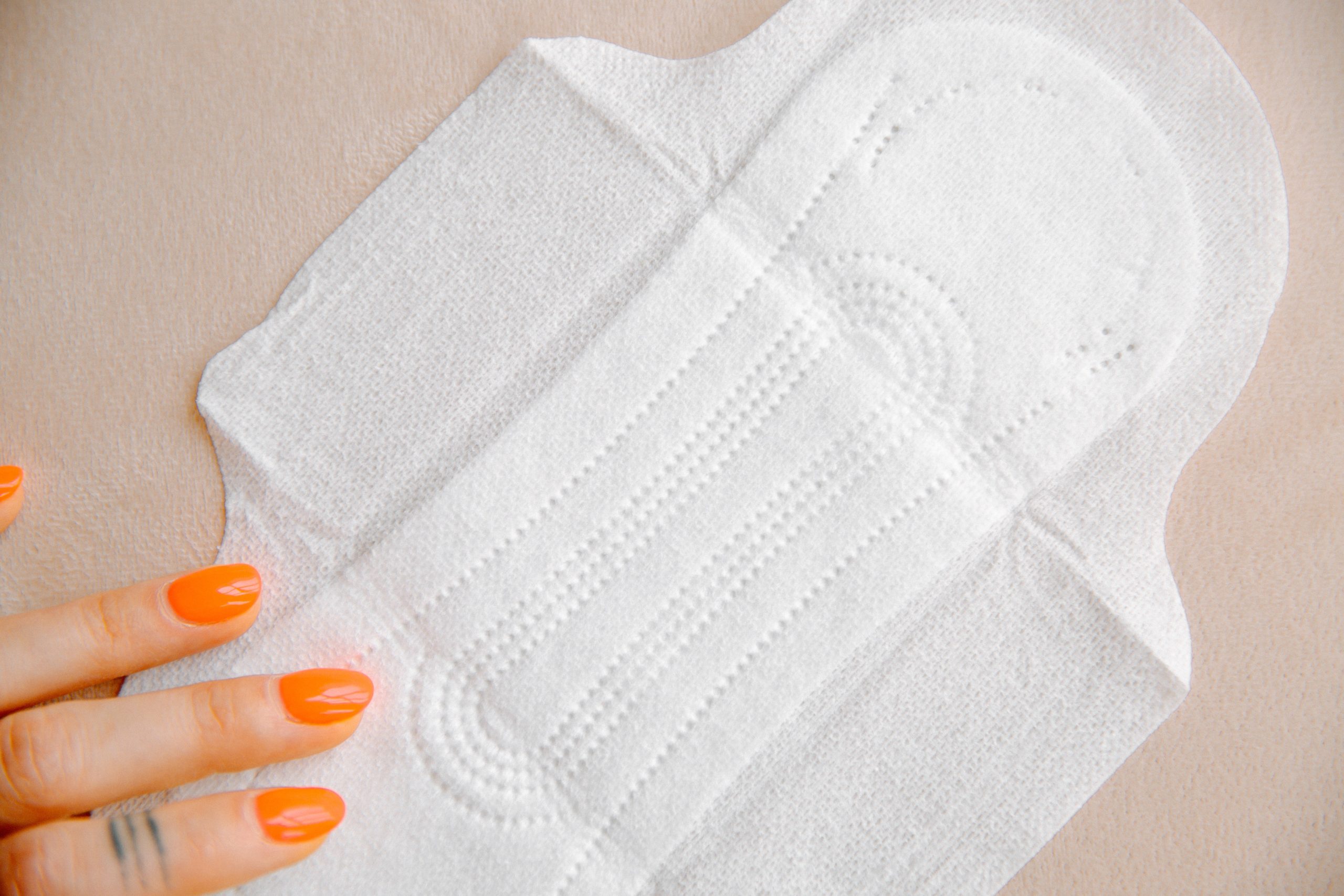
4. Change your pads or tampons regularly
It’s important to always be hygienic in the vaginal region, even more so during your period. You should be changing your tampon/pad every 3 to 4 hours to avoid an unpleasant odor, bacterial buildup which can lead to infections. Besides changing tampons and napkins, wash the area frequently, change undergarment regularly and keep the area dry to prevent infection.
5. Healthy food
Healthy food is a key to healthy body. You can include some of the following food in your diet during this time in order to reduce some period related symptom and feeling better.
- Diet rich in fruits
- Include leafy green vegetables
- A cup of green tea or ginger tea
- Include iron and protein rich food like chicken, tofu, quinoa and fish
- You can have dark chocolate as well
- Includes nuts and seeds in your diet
- Have some natural probiotics in your diet like yogurt
- Take omega-3 fatty acid in diet
Certain foods are great to eat during your period, while others can worsen your symptoms. The foods you choose to eat or avoid will largely depend on your specific symptoms.
Note
If you have any of the symptoms following, visit to your health care provider as soon as possible to rule out the cause.
- You’ve skipped periods, or your periods have stopped entirely.
- Your periods are irregular.
- You bleed for more than seven days.
- Your periods are less than 21 days or more than 35 days apart.
- You bleed between periods (heavier than spotting).
- Very painful periods and cramping
